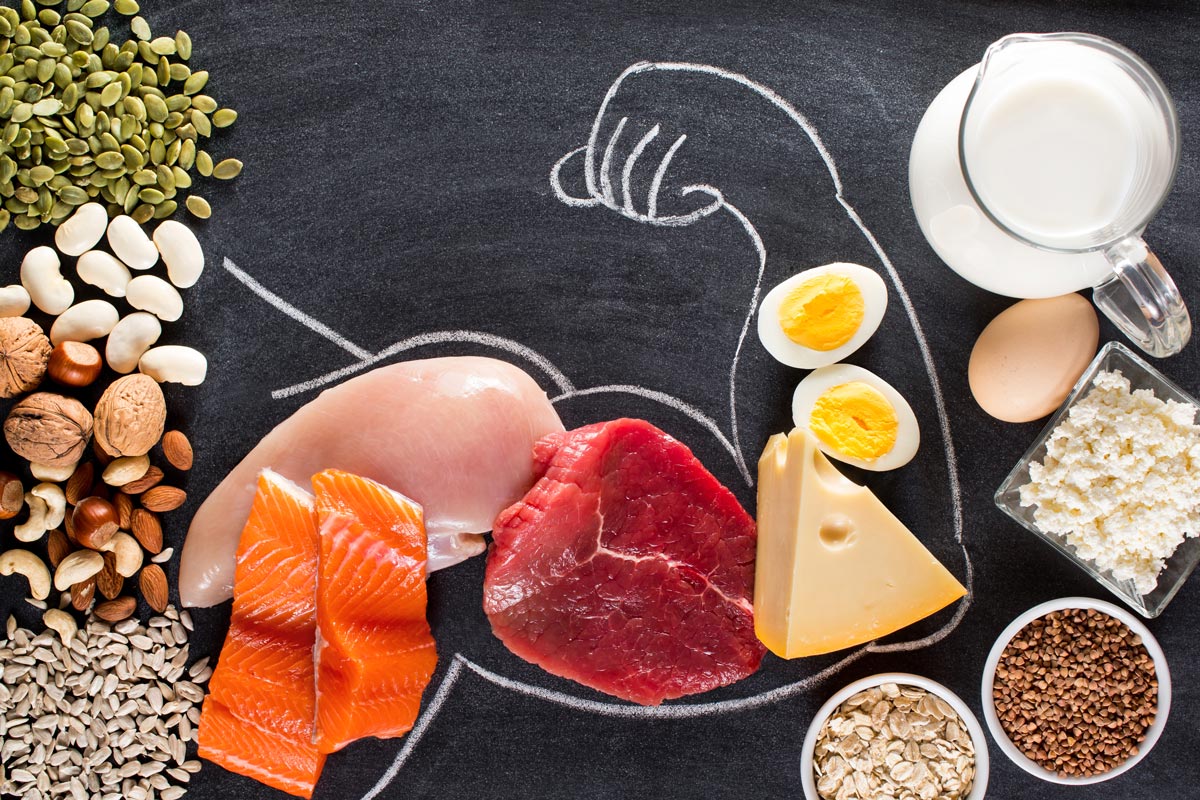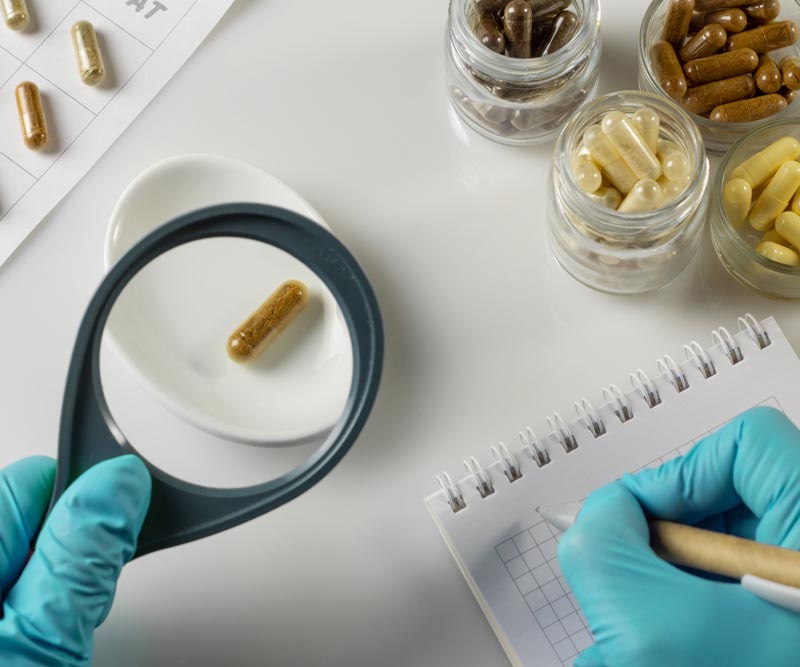
The Importance of Protein and if Supplements are Healthy
Getting enough protein in your diet has become a popular topic in recent years – and for good reason. Whether you're aiming to lose fat, build lean muscle or simply eat better, protein plays a key role in keeping your body working every day.
With so many products on the market – from protein supplements like shakes and powders to protein-enhanced foods like chips, bars and even pasta – how do you know what's right for your personal nutritional needs and goals?
It can be challenging to sort through all of these products and figure out which ones are actually healthy.
Read more about why protein is essential, how much you really need and whether supplements are a healthy choice.
What Does Protein Do?
Protein is an essential macronutrient that breaks down into amino acids, which are required for key bodily functions.
Here are a few ways protein helps keep your body working every day:
- Builds and repairs your body's tissues
- Acts as messengers
- Provides structure
- Causes biochemical reactions
- Maintains proper pH
- Balances fluids
- Helps with immunity
- Provides energy
- Transports and stores nutrients
Phew! As you can see, protein is totally necessary.

How Much Protein Do I Need?
Getting adequate protein – whether from a protein supplement or from whole-food protein sources – has become a popular topic in recent years, especially for those looking to lose fat while maintaining lean muscle mass.
Why? During periods of rapid weight loss and limited calorie intake, your body will break down your lean body mass (muscle) into free amino acids to be used for tissue repair, enzyme reactions and hormone functions.
To limit losing muscle, it is important to consume adequate quality protein. The average person should aim for 0.8 grams of protein per kilogram of weight a day. However, your individual needs may be higher or lower depending on certain medical conditions, weight status and activity level. You can check with your primary care provider (PCP) or a registered dietitian for advice on what amount is best for you.
Are Protein Supplements Healthy?
Protein supplements use various ingredients as their base. These may include whey protein isolate, milk/whey protein concentrate, low-fat milk, egg whites, soy, casein, and pea and rice blends.
Protein supplements also come in powder and liquid form. Powder protein supplements can be more versatile, as they can be mixed with various zero-calorie or low-calories beverages and flavored, while ready-to-drink products are super convenient. Your choice may be based on tolerance, taste preference and/or nutrition content of the protein supplement.
Choose protein supplements with at least 15-20 grams of protein. If weight loss is part of your goal, then make sure the supplement has no more than 6 grams of net carbohydrate and no more than 5 grams of fat. Protein supplements made with whey, egg whites, soy and/or casein have a higher amount of bioavailability and absorption of essential amino acids.
Getting protein through a variety of whole food options is ideal, but protein supplements can help to bridge the gap. You should reach out to your PCP or dietitian to help answer any questions you may have.
Published on: May 27, 2025




